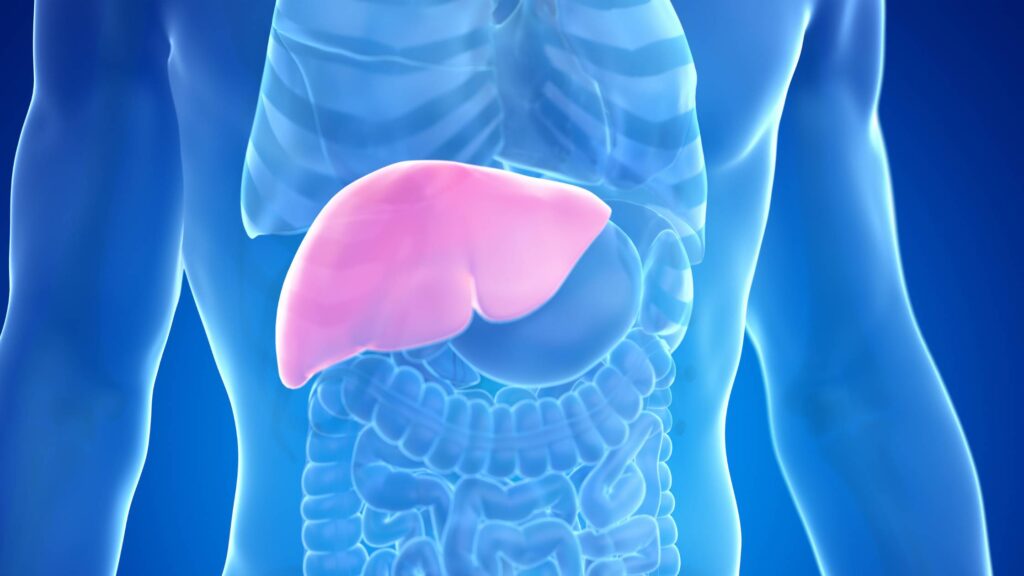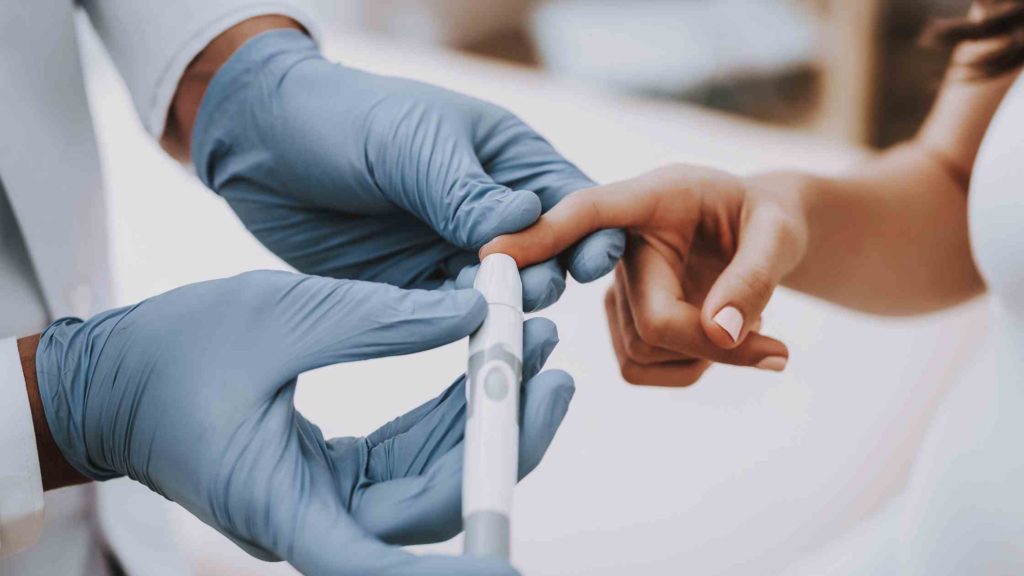
The ADHD children who do not get sufficient omega-3 diet like fish, nuts, and spinach can benefit from omega-3 supplement treatment, finds a study. ADHD is a short form of Attention Deficit Hyperactivity Disorder.
A recent Taiwanese study published in an online journal Translational Psychiatry reveals that ADHD children with a low blood level of omega-3 can get the benefit of reduced ADHD symptoms by giving the omega-3 supplement.
But the research also finds that ADHD children with an already high level of omega-3 may show detrimental effects by giving this supplement.
Let’s find out more about this research.
What’s ADHD & Research methodology
ADHD is a psychiatric problem characterised by behavioral issues like:
- Having a short attention span and being easily distracted being unable to sit still, especially in calm or quiet surroundings.
- carelessness and lack of attention to detail
- continually starting new tasks before finishing old ones.
Researchers recruited Taiwanese children aged between 6 to 18 years, with the Diagnosis of ADHD with either inattention (attention deficit disorder, ADD), hyperactivity, or combined presentation.
They also assessed the presence of oppositional defiant disorder (ODD), characterised by symptoms such as
- Often losing temper,
- Arguing with adults,
- Defying rules and
- Blaming others.
These children were given two types of treatment:
- One group of children was given a high dose of omega-3 fatty acids for 12 weeks.
- Another group was given a placebo (soyabean oil) for 12 weeks.
After 12 weeks, the following outcomes were observed for in these children:
- Focused attention,
- Impulsivity,
- Sustained attention and
- Vigilance.
Finally, all the data analyzed for the final result and conclusion.
Result
Researchers found that children with the lowest blood levels of omega-3 showed improvements in focused attention and vigilance after taking the supplements.
On the other hand, children with normal or high blood levels of omega-3 showed no such improvements.
Ironically, the analyses indicate that omega-3 treatment in those with high blood levels omega may actually have detrimental effects.
Also read: Autism: Elevated oestrogen level in womb linked to autism
Conclusion
The study concludes that omega-3 supplements can have a beneficial effect on symptoms of ADHD in children with a low blood level of omega-3.
Conversely, in cases where there is already a high blood level of omega-3, that might because of a dedicated diet or previous supplements, omega-3 supplement treatment should be stopped.
The researchers caution that parents should consult with medical professionals before opting to give their children omega-3 supplements. “It is possible to have too much of a good thing, and parents should always consult with their children’s psychiatrists since our study suggests there could be negative effects for some children,” adds Dr Chang.
Journal reference:
Chang, J.P., Su, K., Mondelli, V. et al. High-dose eicosapentaenoic acid (EPA) improves attention and vigilance in children and adolescents with attention deficit hyperactivity disorder (ADHD) and low endogenous EPA levels. Transl Psychiatry9, 303 (2019) doi:10.1038/s41398-019-0633-0
The author is a physiotherapist who has been practising for the last 17 years. He holds a Bachelor's in Physiotherapy (BPT) from SVNIRTAR (Swami Vivekananda National Institute of Rehabilitation and Research), one of the prestigious physiotherapy schools in India.
Whatever he learns dealing with his patient, he shares it with the world through blogs and e-books. He also owns a YouTube channel, "Sunit Physiotherapist" with over 8 lakh active subscribers. Here, he shares everything he gets to learn serving the patient.





